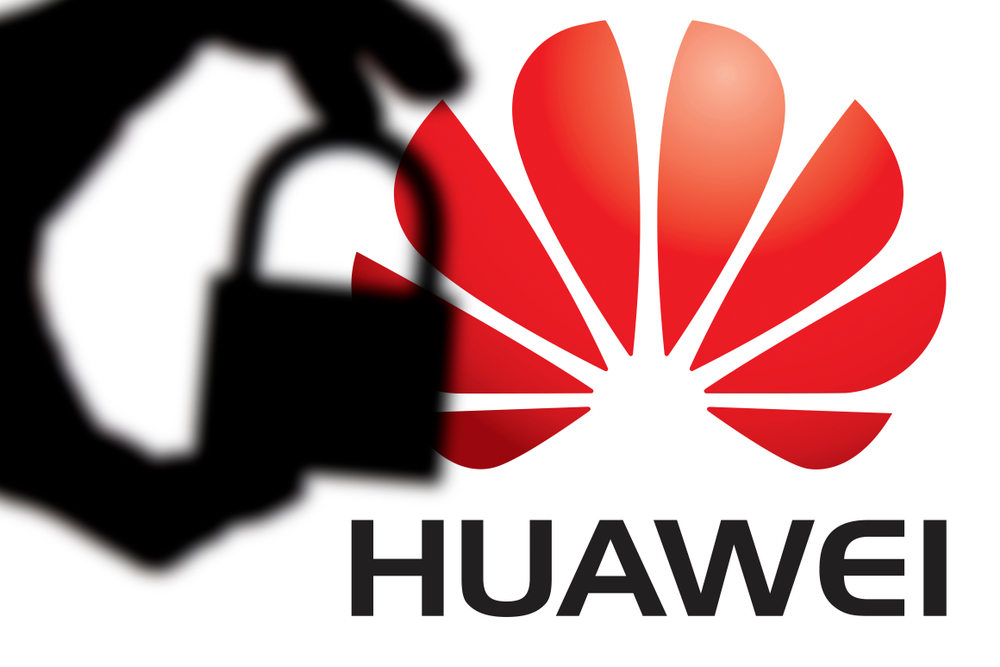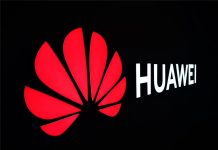The European Union is considering a mandatory ban on the use of Huawei in its 5G networks. The move comes as a response to increasing concerns in Brussels about the security risks posed by the Chinese company.
In 2020, the EU said member-states could restrict or exclude Huawei from core parts of their telecoms networks, but resisted pressure from the United States for an outright ban. However, the EU’s internal market commissioner Thierry Breton told telecoms ministers last Friday that only a third of EU countries had implemented Huawei bans in critical areas.

Security Concerns Prompt EU’s Actions
To address this issue and compensate for the guidance falling short of a ban in 2020, the EU may introduce a mandatory ban on companies deemed to pose security risks. Germany, in particular, has been considering banning certain components from Chinese companies Huawei and ZTE in its telecoms network, according to a government source.
The move by the EU is a significant development in the ongoing battle between the United States and China for dominance in the global 5G market. The United States has long argued that Huawei poses a security risk due to its close ties to the Chinese government, and has urged its allies to ban the company from their 5G networks. China has denied these allegations and has accused the United States of trying to stifle its economic growth.
The EU’s decision to consider a mandatory ban on Huawei is a sign that the bloc is taking the security risks posed by the company seriously. However, it remains to be seen whether the EU will be able to reach a consensus on the issue, or whether member-states will continue to take different approaches.
The EU’s decision on Huawei is likely to be closely watched by other countries around the world. The United States, Australia, and Japan have already banned Huawei from their 5G networks, and other countries are considering similar measures. The EU’s decision could set a precedent for other countries and could have a significant impact on the global 5G market.
RELATED:
- Huawei to launch “PanGu Chat” to compete with ChatGPT
- Huawei challenges eye protection benefits of PWM dimming beyond 1440Hz; Honor responds
- Astronauts took the Huawei P50 Pro to space, shared out-of-this-world selfies
- Honor 90 Pro vs POCO F5 Pro: Specs Comparison







